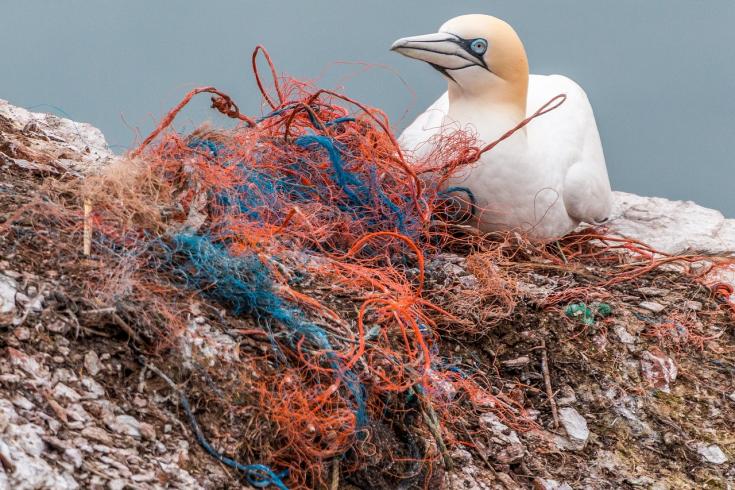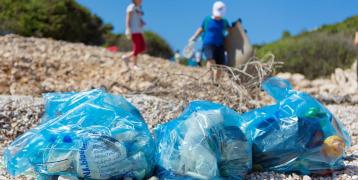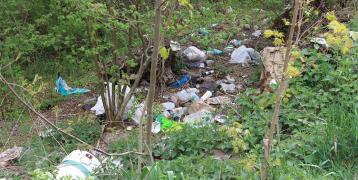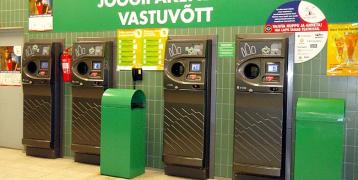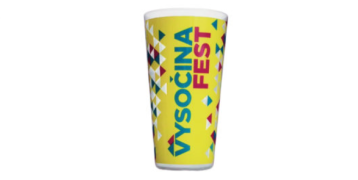Halting ocean plastics pollution
Plastics are versatile materials used widely for packaging and in industry sectors such as building and construction, automotive, and electronics. Their production is predicted to double again by 2040. However, plastics production, use, and discharge are still “linear”, with less than 6% of plastics being recycled. Plastics are mostly incinerated, exported, or landfilled and are ending up in the environment.
In Europe, up to 500,000 tons of plastic waste are leaking into the ocean every year with devastating effects on marine and coastal ecosystems, animal and human health, and the blue economy. Europe is determined to reverse the trend and is implementing numerous policies to halt plastic pollution by addressing single-use plastic items, separate collection, recycling, littering, and more.
The present policy brief aspires to help municipalities and regions to find suitable solutions for addressing the challenges of ocean plastics pollution. It illustrates how communities are engaging civil society to tackle the massive issue of littering in cities, forests, rivers and beaches.
It showcases how local businesses are creating circular value chains that allow recycling plastics and it highlights how plastics waste can be reduced by public administrations and the tourism industry, at festivals, beaches, and in restaurants. It is also conceived to inspire every citizen to make an active contribution in the reduction of plastic waste and thus help halting ocean plastic pollution.
Policy brief on halting ocean plastics pollution
Policy brief on halting ocean plastics pollution

